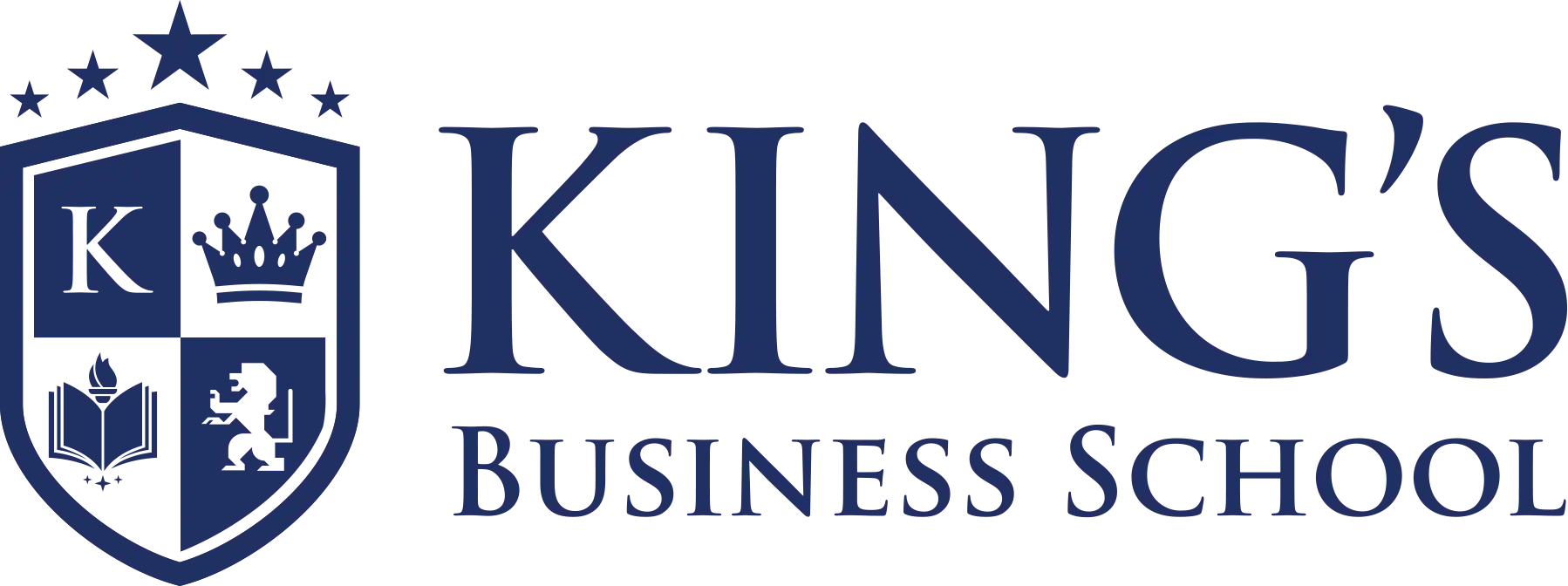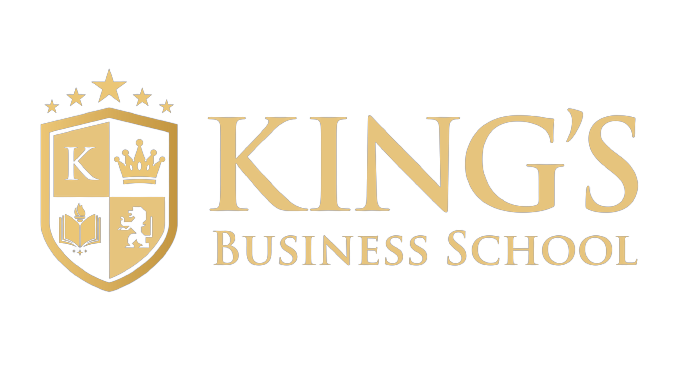The act of not providing proper source materials in research papers or using the same content for your benefit is called Plagiarism.
In academics, plagiarism is the use of a scholar’s work without their acknowledgment or authorization. Imagine investing countless hours in your research to establish a strong reputation at your university, only to see someone else reap the benefits by using your work without your knowledge, and gaining even greater recognition for it.
If you’re aiming to pursue a career in any profession, it’s crucial to know that the people you work with and your teachers will regularly check to make sure that what you say and do is true and accurate. Imagine if they find someone else saying and doing the same things as you. This could result in severe problems, such as expulsion from university and a tarnished reputation.
Now, let us understand common forms of Plagiarism according to Colorado State University:
In the academic field, some of the common forms of Plagiarism are committed by students.
- Purchasing a paper online- claiming it to be your own
- Hiring someone to write your paper. The individual offering to help is also in the wrongs here
- Borrowing a previous semester paper and claiming it to be your own
- Claiming originality when it’s been copied exactly as is from the original source.
- Receiving guidance from another student and turning it in under your own name
The do’s to avoid plagiarism:
1. Begin Your Work Early:
Initiate your research process by gathering sufficient literature as soon as possible. Keep up with your coursework, conduct thorough library research, and start drafting promptly. Additionally, avoid procrastination, as it’s not a valid excuse but rather a poor choice.
2. Develop Your Unique Voice
While challenging, establishing your own voice is crucial for your success. Experienced writers have all grappled with this. To achieve it, become well-versed in your chosen topic, which will provide you with a distinct perspective. The more you understand, the better you can avoid plagiarism.
3. Conduct Thorough Research
Carefully study the material related to your subject. Mastering your topic involves understanding what others have contributed. Strive for expertise by immersing yourself in the work of those who have made significant contributions or are actively engaging in the conversation. Maintain an annotated bibliography of your source materials.
4. Keep Records of Your Drafts
As you review your drafts, you’ll observe your perspective evolving and gaining authority. This distinctive voice will set you apart from your sources and aid in avoiding plagiarism.
5. Properly Structure Your Document and Cite Sources
Ensure you organize your document effectively and cite your sources accurately. Remember, if the content you plan to include isn’t common knowledge in your field, you must properly attribute it. Neglecting to do so will harm your academic credibility.
6. Seek Feedback
Share your “work-in-progress” with your instructor. Be open to constructive suggestions as you approach completion, as they can improve your paper. At this stage, you can identify and rectify errors, including citation errors.
Here’s a checklist to refer to before submitting your research paper:
Before submitting your work, consider the following questions:
- Are all quotations enclosed in quotation marks?
- Are single and double quotation marks used appropriately in nested quotations?
- Do you correctly include ellipses and brackets when altering or adding words within quotations?
- Are all quotations, paraphrases, or summaries attributed to the correct author, or are any lacking proper attribution?
- Have you significantly reworded paraphrases compared to the original text?
- Are your summaries written in your own unique voice?
- Have you correctly included all source citations in your bibliography or sources cited page?
- Are titles, page numbers, and dates in your documentation accurate?
You’re probably here to understand what work would not be known as plagiarised.
It’s essential for you to understand your legal rights and your university’s guidelines for the act of plagiarism.
Learn more at King’s Business School and get the proper guidance as you pursue your degree with us.





